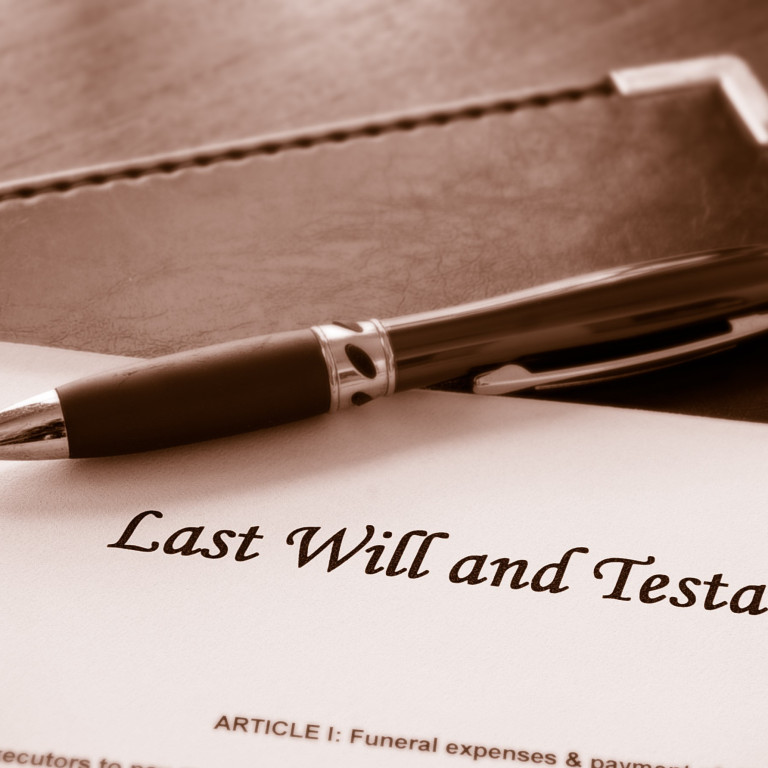If you are appointed as an attorney under a Lasting Power of Attorney (LPA), you may wonder whether it is possible to make gifts on the donor’s behalf, for instance to family members or charities they would support. If the person previously made certain gifts or supported others but no longer has the capacity to do so, you may feel it would be their wish for you to make these gifts for them. It is possible to do this under certain circumstances, however attorneys need to very careful not to overstep the strict rules on gifting, as shown by the recent case of Chandler v Lombardi (2022).
It is essential to remember that attorneys must follow the principles of the Mental Capacity Act when carrying out their duties. The Act states that attorneys are able to make gifts under certain circumstances, including to family members or friends on customary occasions (for instance birthdays or weddings), or to charities which the donor has supported or would support. Crucially, any gift made under these criteria must also be of a reasonable amount and proportionate to the size of the donor’s estate overall.
Gifts which do not fall under these criteria will be outside the scope of an attorney’s authority. If such a gift is being considered, it will be necessary to make an application to the Court of Protection for authority to make the gift. The Court will then consider the position and either approve or refuse the proposed gift (or suggest other avenues, if possible). If you are not sure whether the gift is within your authority or appropriate to make, an application should be made.
Chandler v Lombardi
The case of Chandler v Lombardi showed how important it is for attorneys to always consider the Mental Capacity Act and the restrictions on gifting. The attorney in this case was the donor’s daughter and had been appointed under an LPA. It is important to note that the donor’s capacity was not considered in this case, as the attorney in question made the relevant arrangements rather than the donor themselves.
The attorney decided to transfer the donor’s property into the joint names of the donor and the attorney, so that they each owned an equal share. This amounted to a substantial gift of a share in the property by the donor to the attorney. The donor’s son challenged this decision and the attorney’s authority to make this gift by making an application to the Court of Protection.
The Court decided that the gift was outside the scope of the attorney’s authority and was therefore void. Before making this gift, the attorney should have applied to the Court for authority. The attorney’s defence included a claim of ignorance regarding the principles of the Mental Capacity Act and limits on gifts. The Court refused to accept this as a defence. This case highlights the importance of considering the Act when making decisions as attorney and, when following the Act, remembering that all decisions must also be made in the donor’s best interests.
How can Tozers help?
For any further help with Lasting Powers of Attorney, or anything else mentioned in this insight, our dedicated Later Life Planning team will be happy to help.






